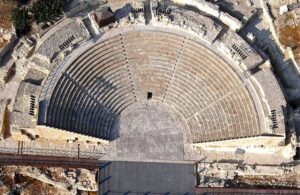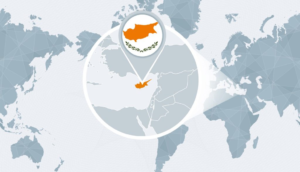General information
Situated at the north-eastern end of the Mediterranean basin, Cyprus is the third largest island in the region, with an area of 9,251 square kilometres (3,572 square miles) and it was settled by Mycenaean Greeks in two waves in the 2nd millennium BC. The earliest known human activity on the island dates to around the 10th millennium BC. The population of the inland is around 900.000 inhabitants.
island in the region, with an area of 9,251 square kilometres (3,572 square miles) and it was settled by Mycenaean Greeks in two waves in the 2nd millennium BC. The earliest known human activity on the island dates to around the 10th millennium BC. The population of the inland is around 900.000 inhabitants.
The capital and largest city of Cyprus is Nicosia. There are six major cities, each one of them serving as the capital of the six districts of Cyprus including over 100 villages. Each of these districts has its unique character and this is one of the main characteristics of Cyprus: its diversity despite the small size.
Cyprus enjoys an intense Mediterranean climate, with long dry summers from mid–May to mid–October, and mild winters from December to February, which are separated by short autumn and spring seasons.
Political System
Cyprus is an independent sovereign Republic with a presidential system of government. Under the 1960 Constitution, executive power is exercised by the President of the Republic, elected by universal suffrage for a five-year term of office through a Council of Ministers appointed by him. Legislative power vested in the House of Representatives elected also for five-year term whilst the Judiciary is independent of both the executive and the legislature.
Cyprus evolved to be an ideal place to live, work and do business.
WHY CYPRUS?
- Geographic location
- A gateway to Eastern Europe
- A gateway to the European Union
- A gateway to the Middle East
- EU and Eurozone member
- Robust legal & regulatory framework
- High quality of life
- Attractive tax regime
- High skilled human talent
